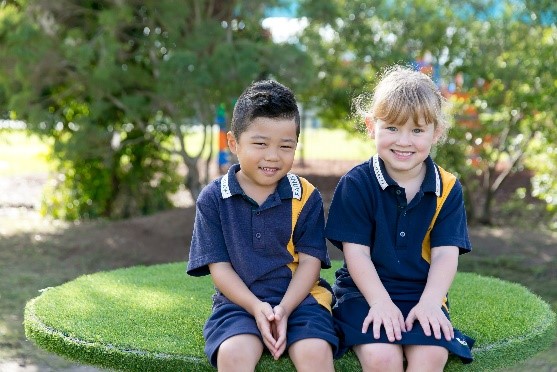Starting Strong: Prep to Year 3

High quality education early in life gives children the best start. On entry to prep, every student is recognised as a capable and individual learner. Our early years curriculum gives priority to building strong foundations for learning and success. Literacy and numeracy underpin learning, with a strong focus on reading development through our prep to year 12 approach to the teaching of reading.
Teachers build from each student's diverse prior experience, teaching in ways known to engage young learners and to best support their learning and development. Our students learn through interactions, active exploration and experimentation and by representing their learning in a variety of modes.
Teachers assess, monitor and respond to each student's learning. This is critical in the early years when student learning and development of social, physical and cognitive skills occurs at such a rapid and variable rate.
The Earnshaw community sets high expectations for student behaviour and supports students' social and emotional development. Learning experiences contribute to developing children's positive identity, self-esteem, resilience, personal organisation and independence as they interact successfully with others and their learning environments.
Building on Foundations: Years 4 to 6
The 4-6 curriculum continues to prioritise English and literacy and Mathematics and numeracy, along with the opportunity for a broad education that includes science, social sciences, languages, technologies, the arts and Health and Physical Education. Teachers build curriculum links to deepen students' knowledge and understanding and to foster the connectedness and relevance of their learning. Multiliteracies and ICT are embedded in all learning areas, ensuring that students are well prepared to be active and informed citizens in a diverse and changing world.
Our 4-6 program is designed to leverage positive engagement and participation and extend academic performance. Students develop resilience and risk-taking in their learning as they are supported in their passage through to adolescence.
Social and emotional development continues to be reinforced through social skills programs.